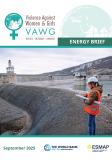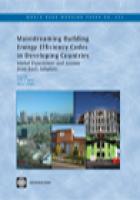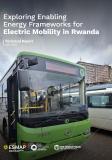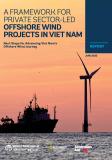Publications
by Feng Liu, Anke S. Meyer, and John F. Hogan
ISBN 978-0-8213-8534-0
Mainstreaming Building Energy Efficiency Codes in Developing Countries is part of the World Bank Working Paper series. These papers are published to communicate the results of the Bank’s ongoing research and to stimulate public discussion.
Building energy efficiency codes (BEECs), which regulate the energy performance of building design and its compliance during construction, are broadly recognized as a necessary government intervention to overcome persistent market barriers to capturing the economic potential of energy efficiency gains in residential, commercial, and public service buildings. Compliance enforcement has been the biggest challenge to implementing BEECs. This paper summarizes the findings of an extensive literature survey of the experiences of implementing BEECs in developed countries, as well as in some early developing-country adopters, specified in case studies of China, Egypt, India, and Mexico. The paper also serves as a primer on basic features and contents of BEECs and commonly adopted compliance and enforcement approaches. It recommends increased international support in strengthening the enforcement infrastructure for BEECs in middle-income developing countries. For low- and lower middle-income countries, there is an urgent need to help improve governmental oversight of building construction, which will lay a foundation for effective implementation of BEECs.
For an overview of this publication, click here.
World Bank Working Papers are available individually or on standing order. This World Bank Working Paper series is also available by subscription to the World Bank e-Library (www.worldbank.org/elibrary).
To order this publication, click here. Geographic discounts available.




